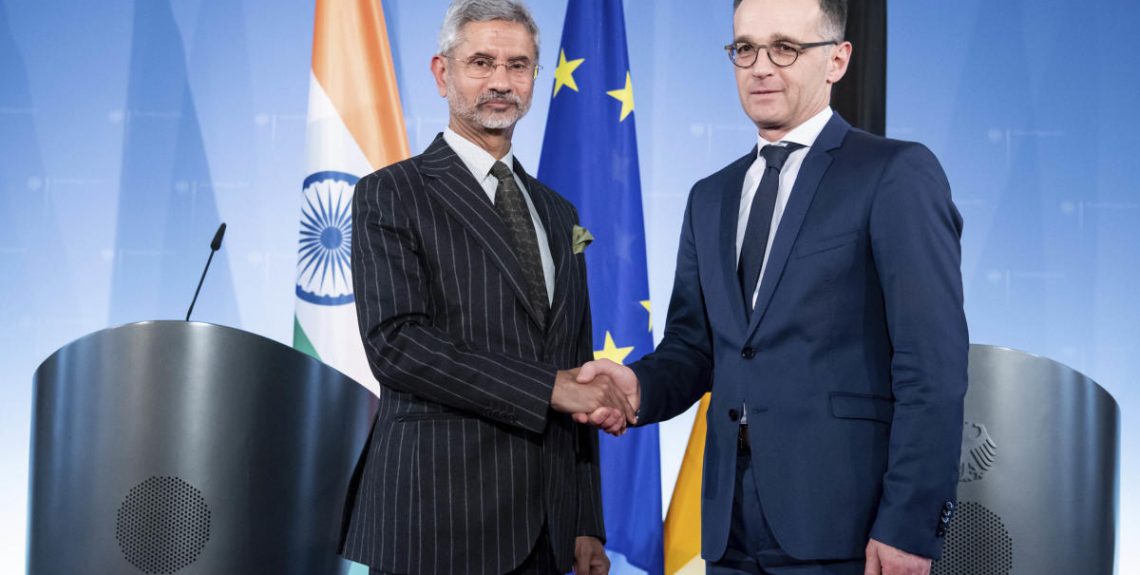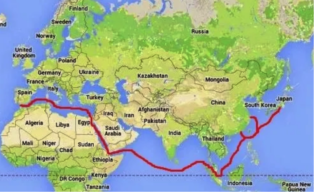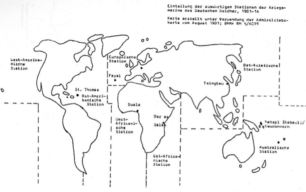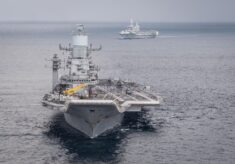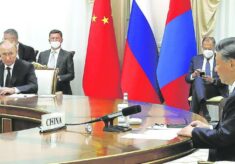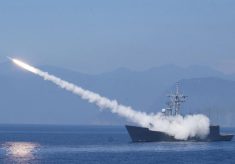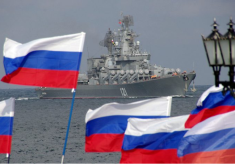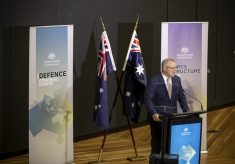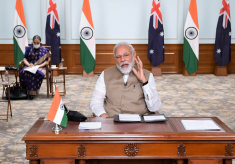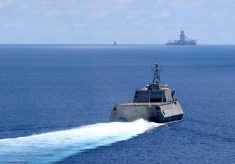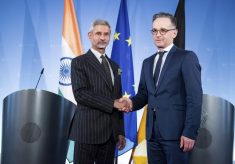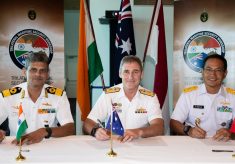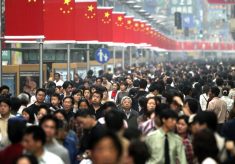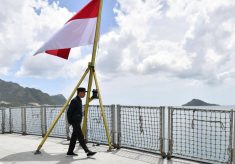Germany’s sense of having Indo-Pacific strategic interests is a new trend for 2020, in evidence since August 2019, but anticipated by some German strategic analysts since 2013.
The Corridor of core German maritime interests.
Source: Seidler, Germany Needs a Permanent Naval Presence in the Indian Ocean, 14 November 2013, https://www.offiziere.ch/?p=14100.
On the 11th of March 2020 the German Navy announced that the Hamburg air defense frigate would deploy for five months from July to December across the Indian Ocean. The Hamburg is scheduled to carry out bilateral exercises with France at Reunion, as well as other naval exercises in Australia and elsewhere with other Indian Ocean partners like India.
On the 10th of February 2020, Germany’s Foreign Affairs minister Heiko Maas held talks with his Indian counterpart, Subrahmanyam Jaishankar, who tweeted “good meeting, discussed Indo-Pacific, multilateralism, connectivity”. Earlier, on the 22nd of January, Jasper Wieck, Germany’s Chargé d’Affaires in India, wrote an Economic Times piece (co-written with his French counterpart), titled “Franco-German tango roots for an open Indo-Pacific”. This followed the Raisina Dialogue speech on the 14th of January by Germany’s Minister of State at the Foreign Ministry, Niels Annen, titled “The Indo-Pacific and Germany: Partners in multilateralism”. He announced “Germany is a stakeholder in the Indo-Pacific”, given “this significance of the Indo-Pacific as a main route for commerce and energy flows”.
Previously, on the 7th of November 2019, Defense minister Annegret Kramp-Karrenbauer warned that:
-
“China’s rise in power politics, and its claim to power that now extends beyond its immediate neighbours” was “challenging our security policy”;
-
“Our partners in the Indo-Pacific region – such as Australia, Japan and South Korea, but also India – feel increasingly encroached upon by China”;
-
“They would like to see a clear sign of solidarity, in support of applicable international law, inviolable territory, and free shipping routes”;
-
“The time has come for Germany to give such a sign, to be present in the region together with our allies. Because it is in our interest that existing law be observed”.

